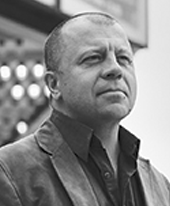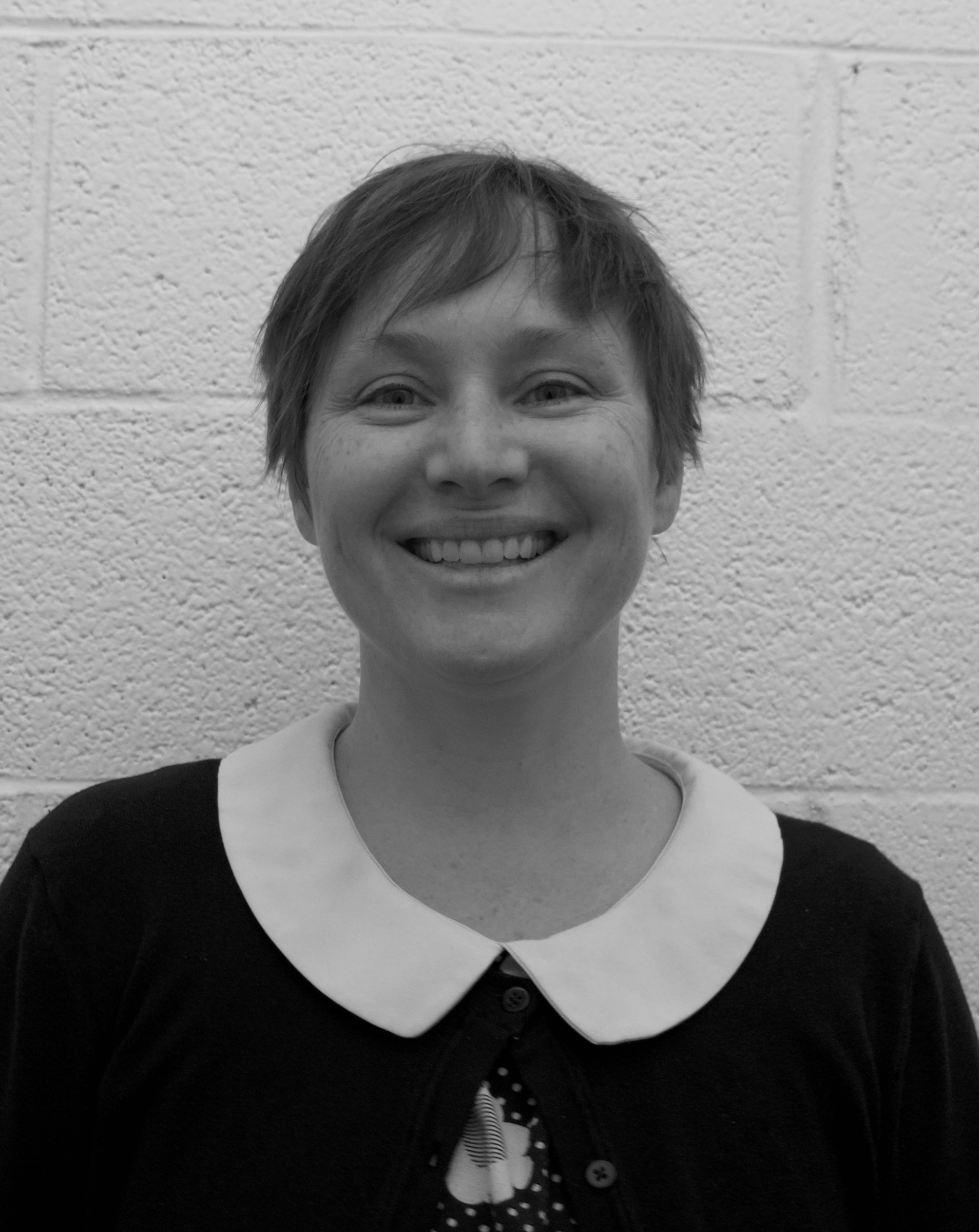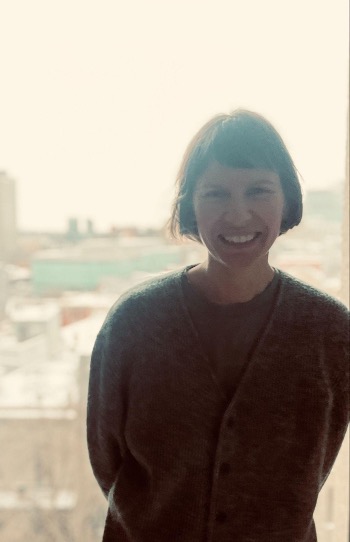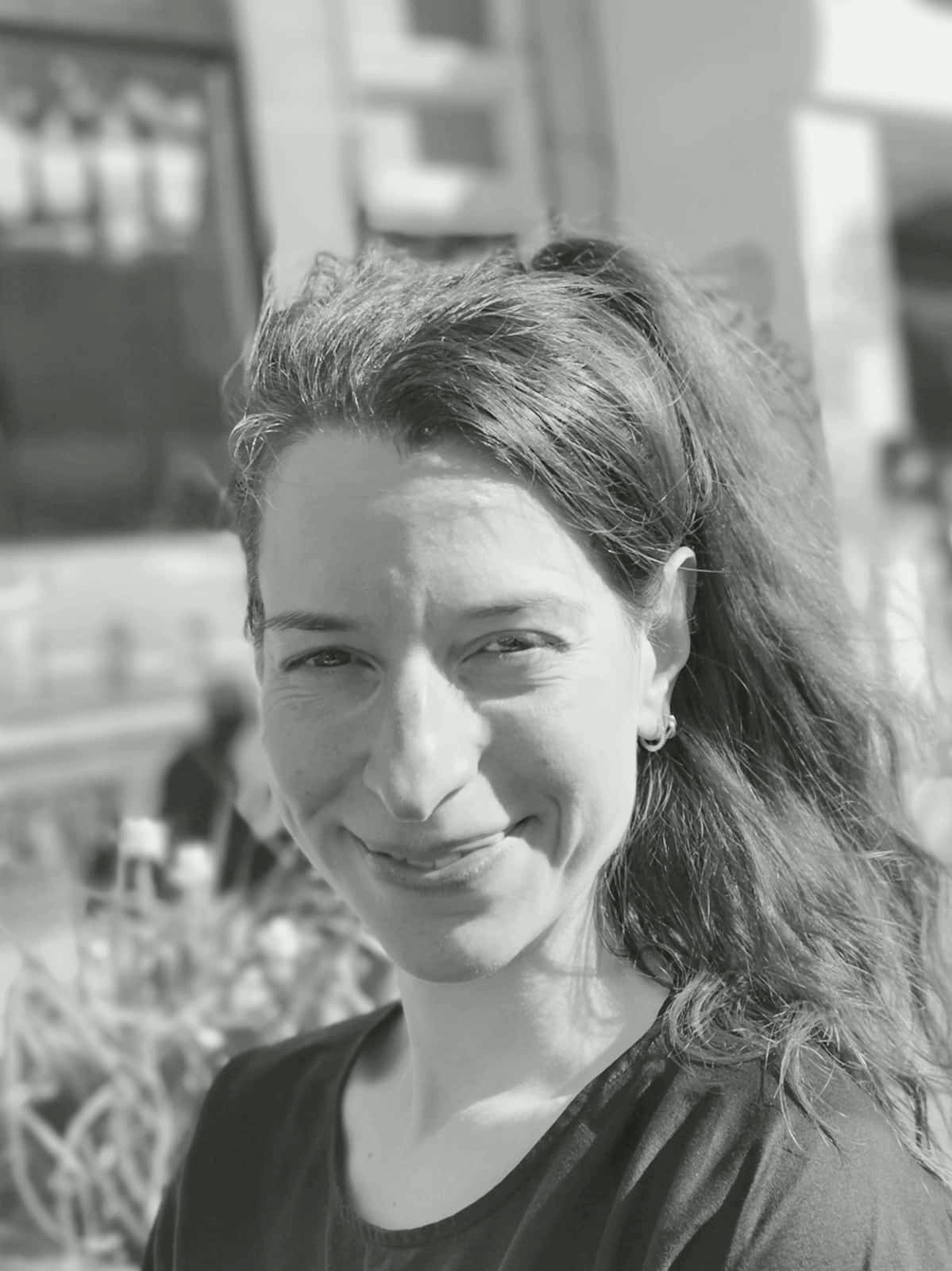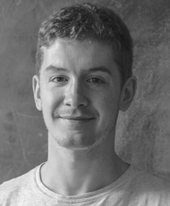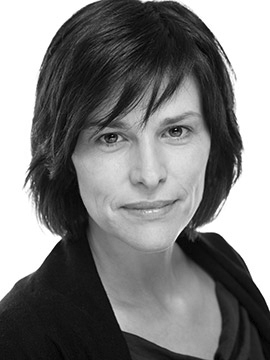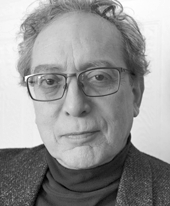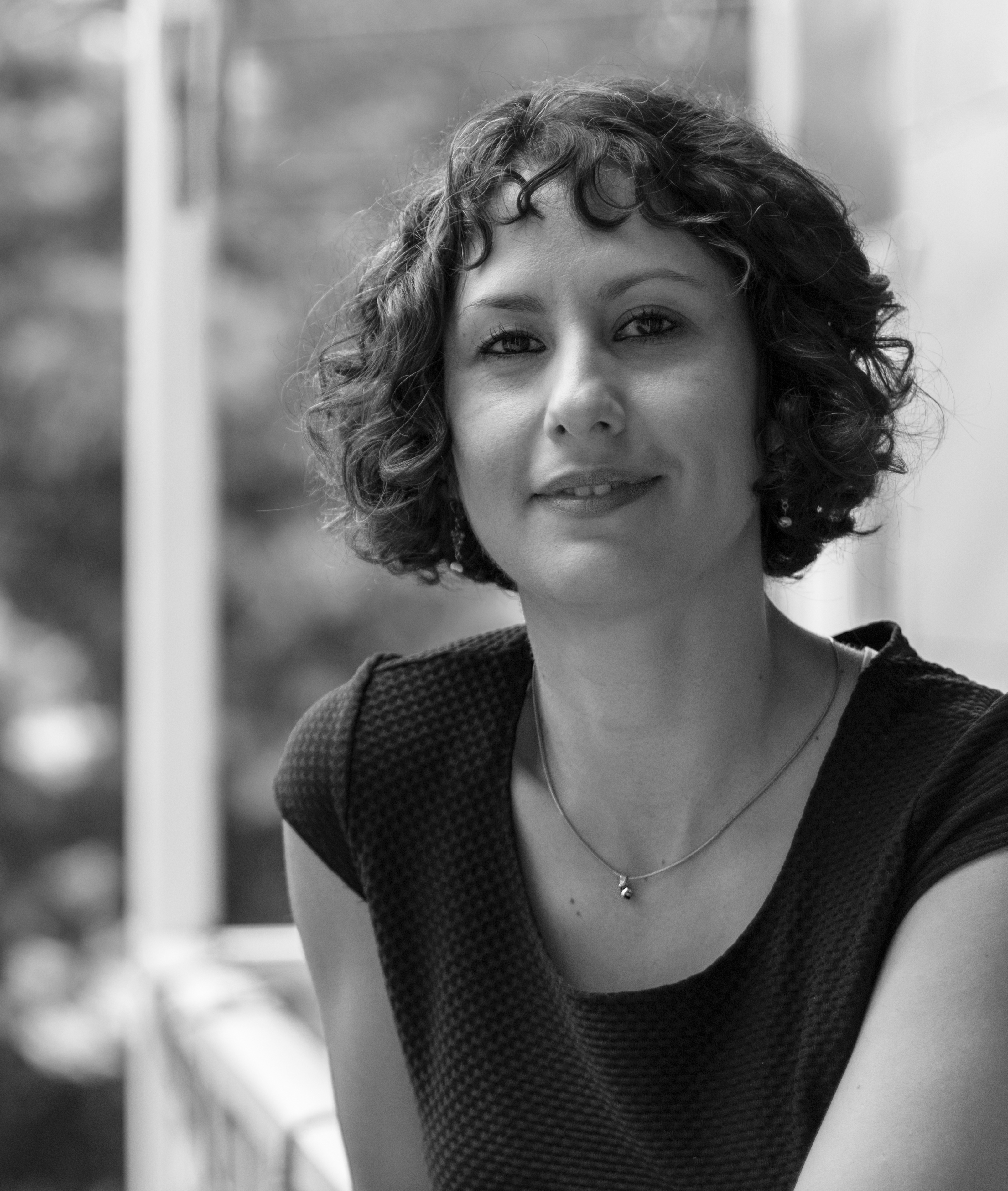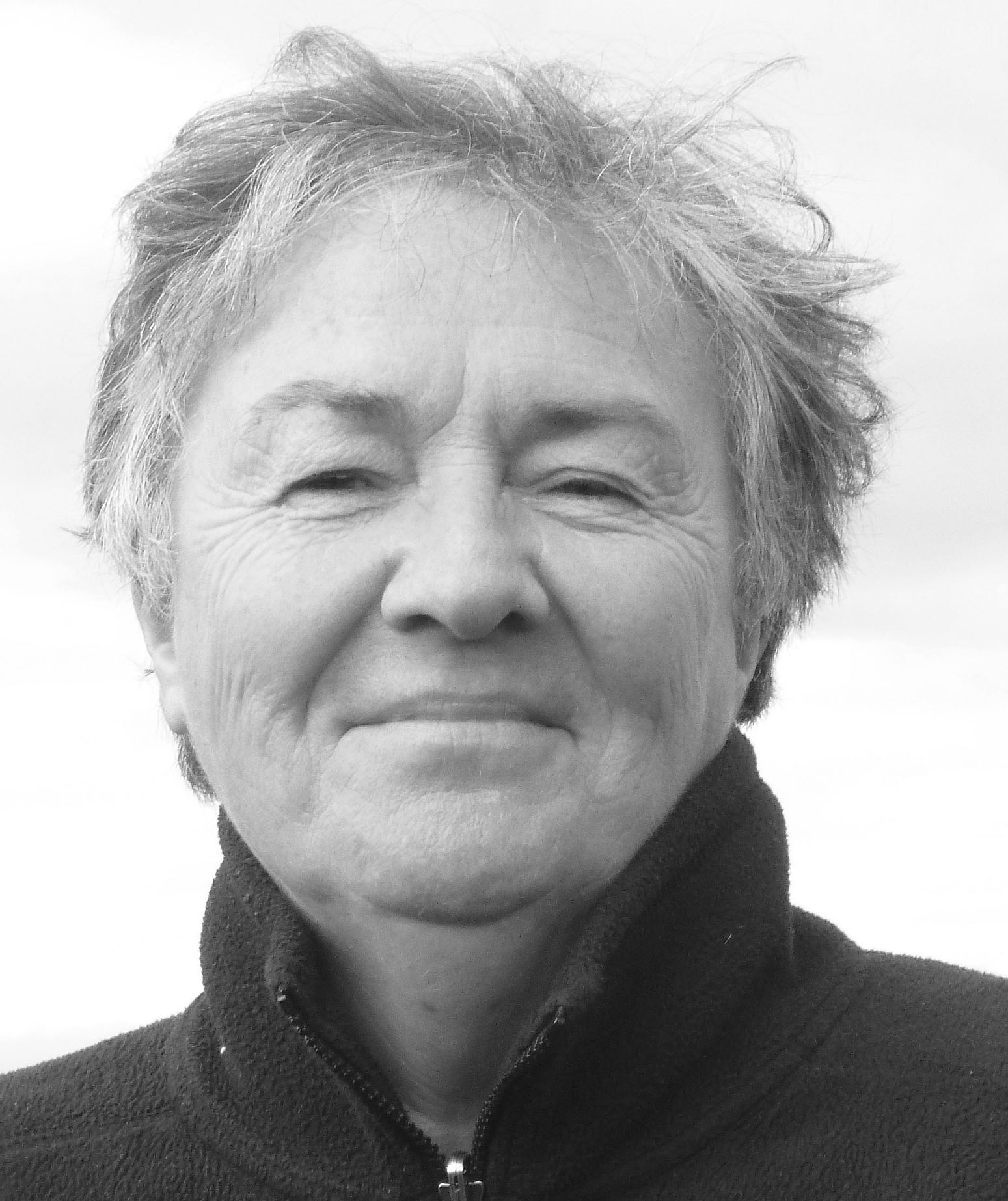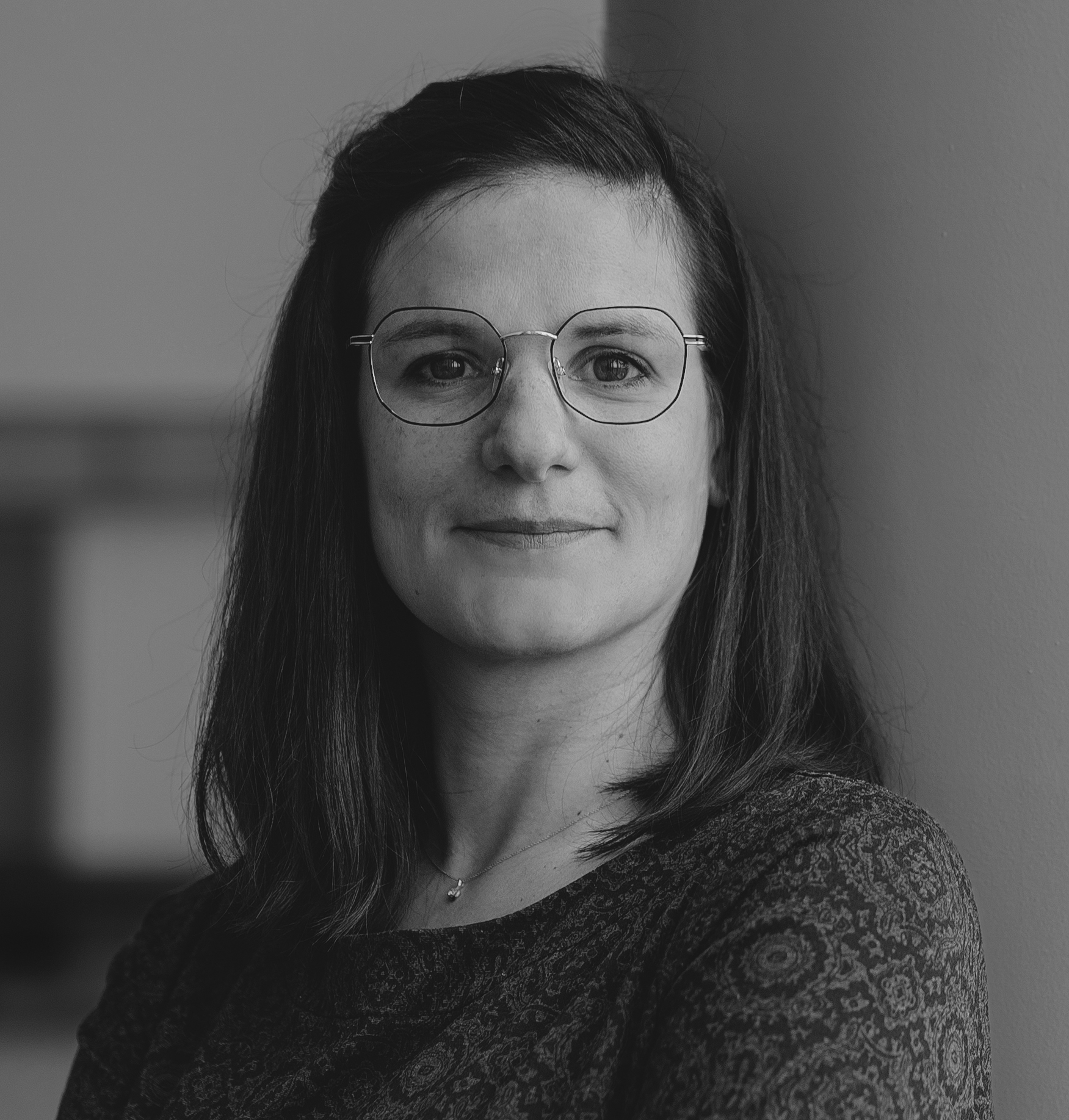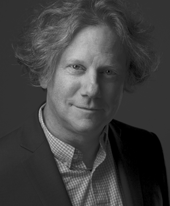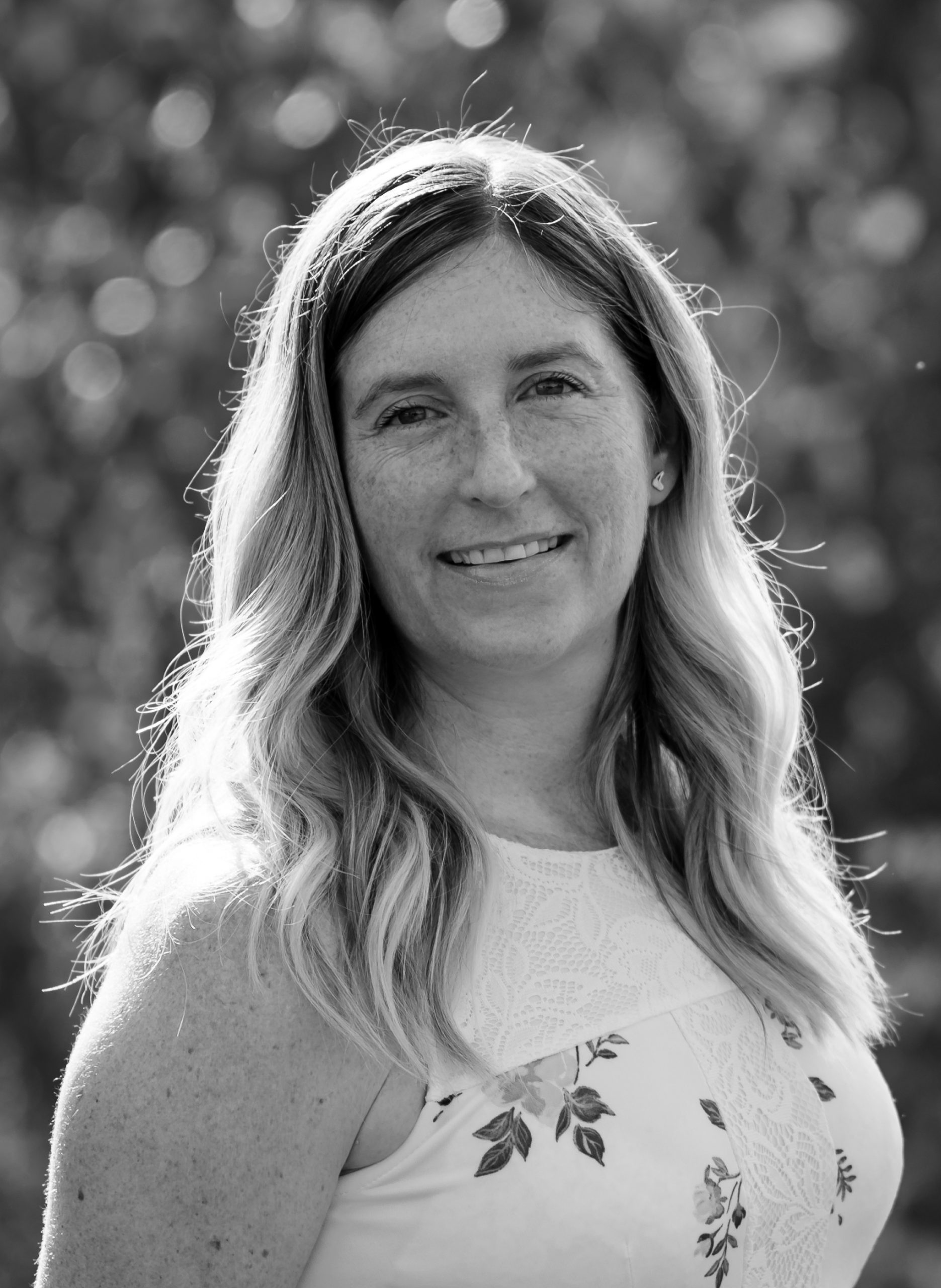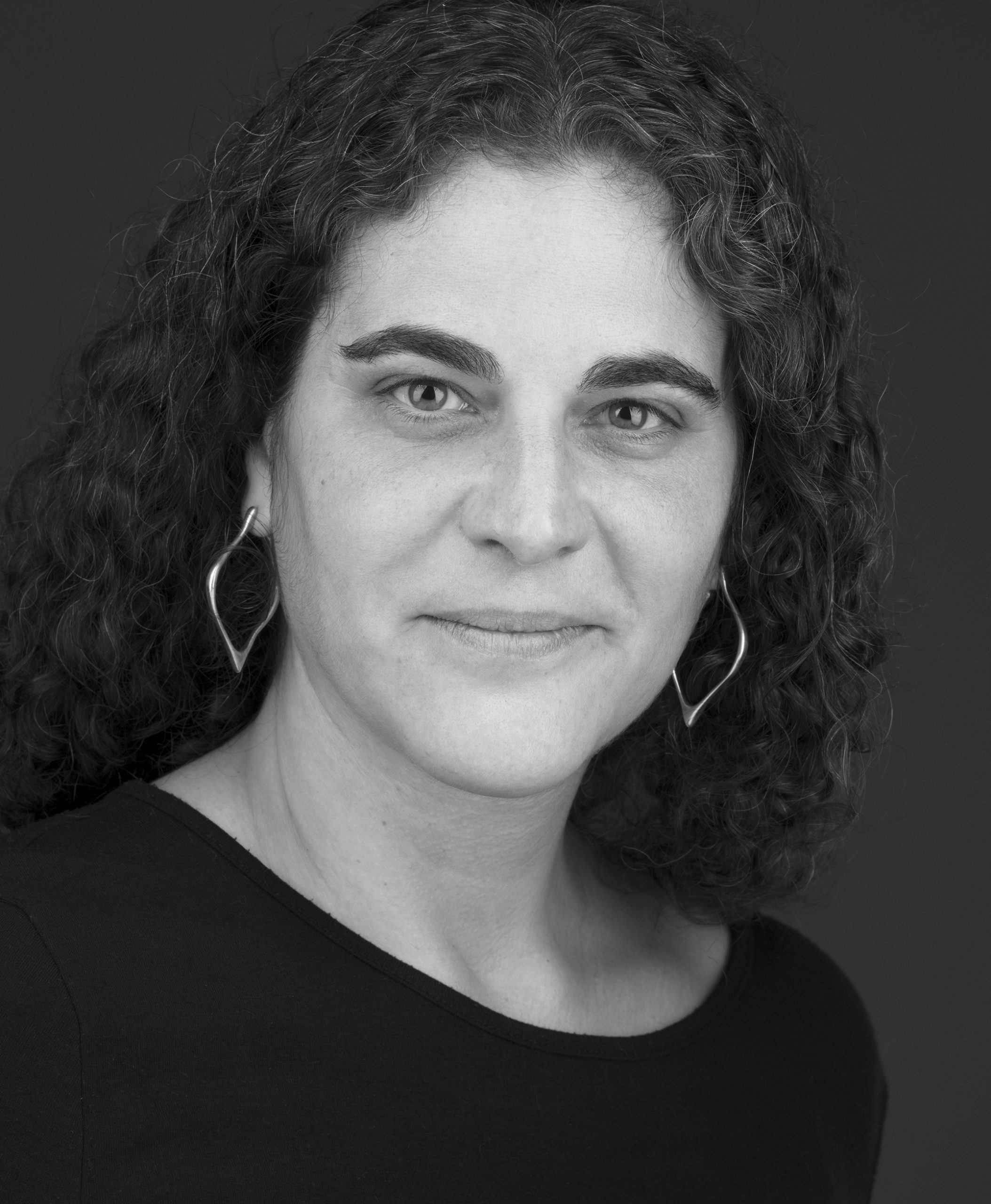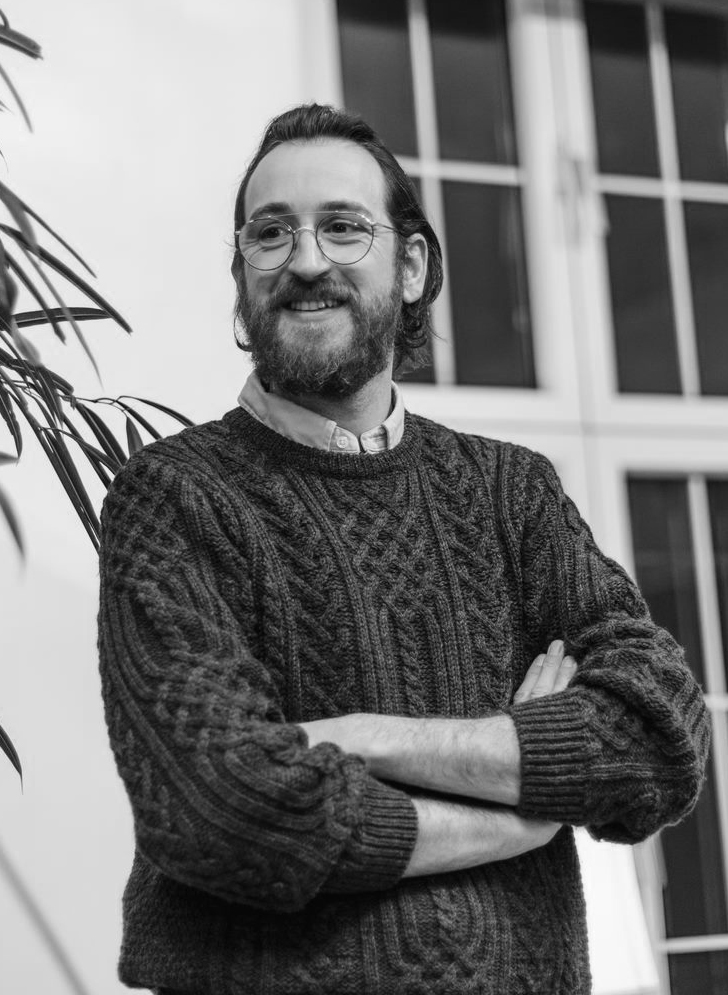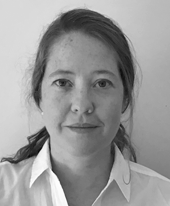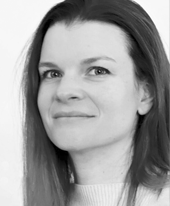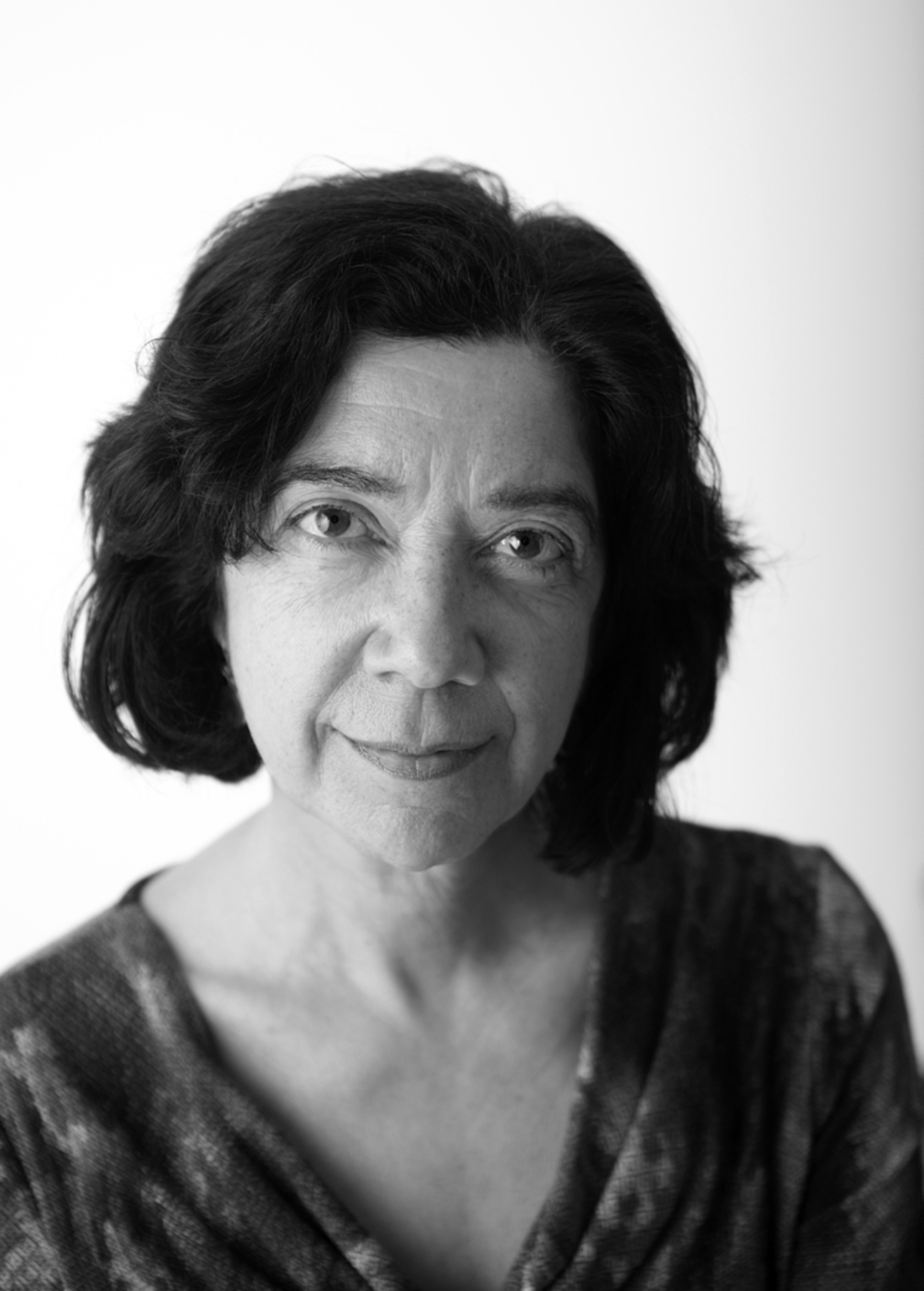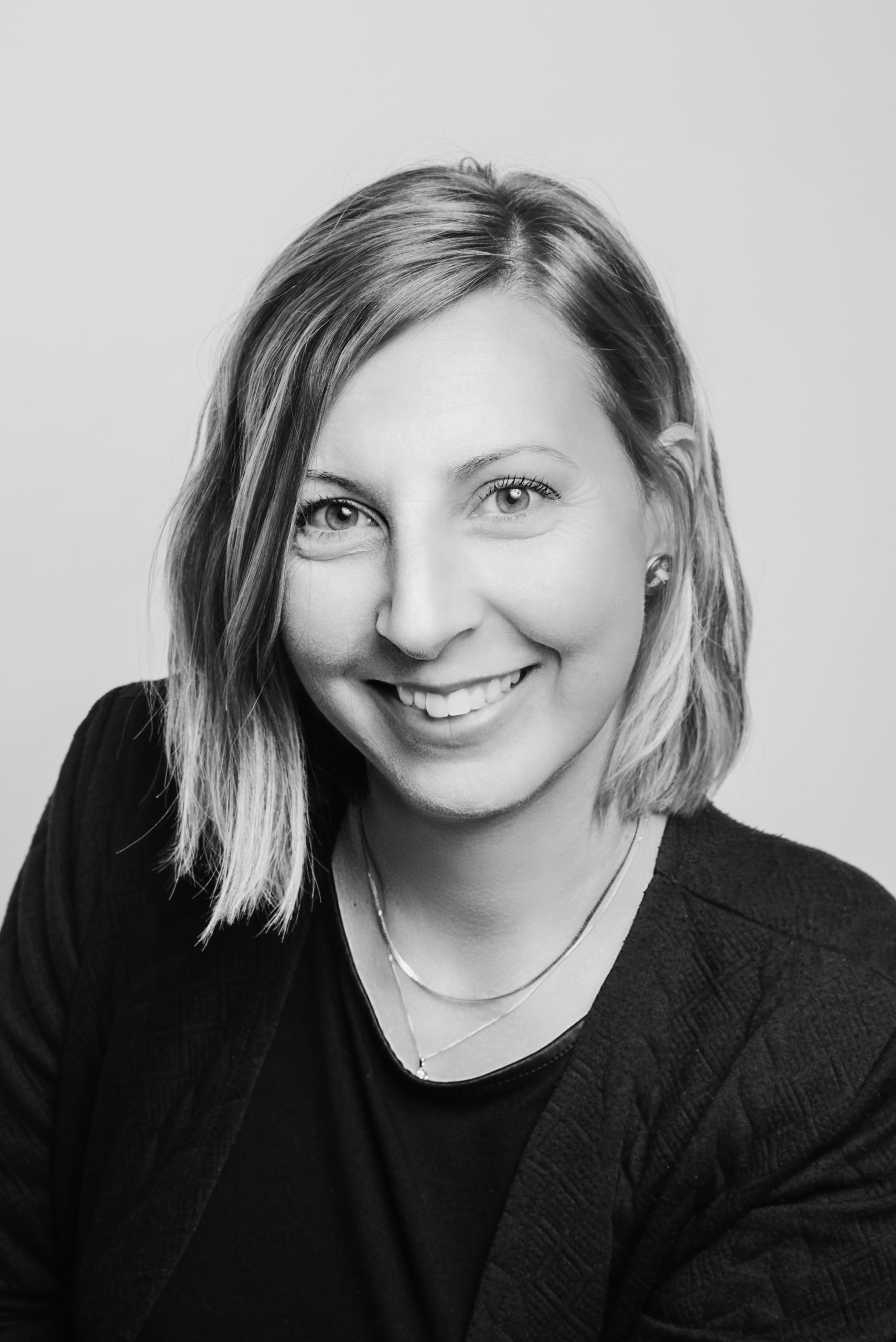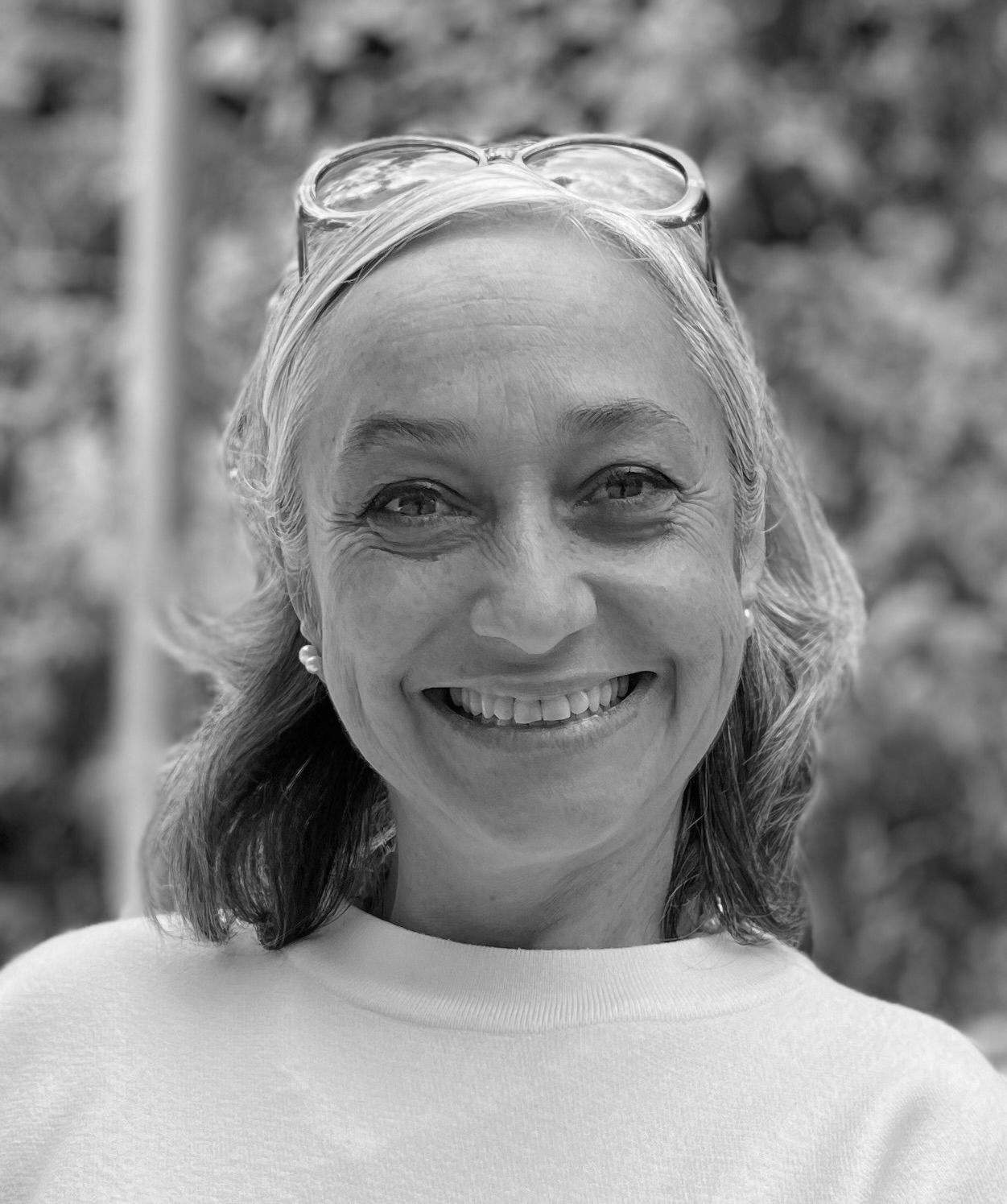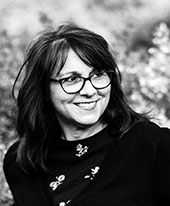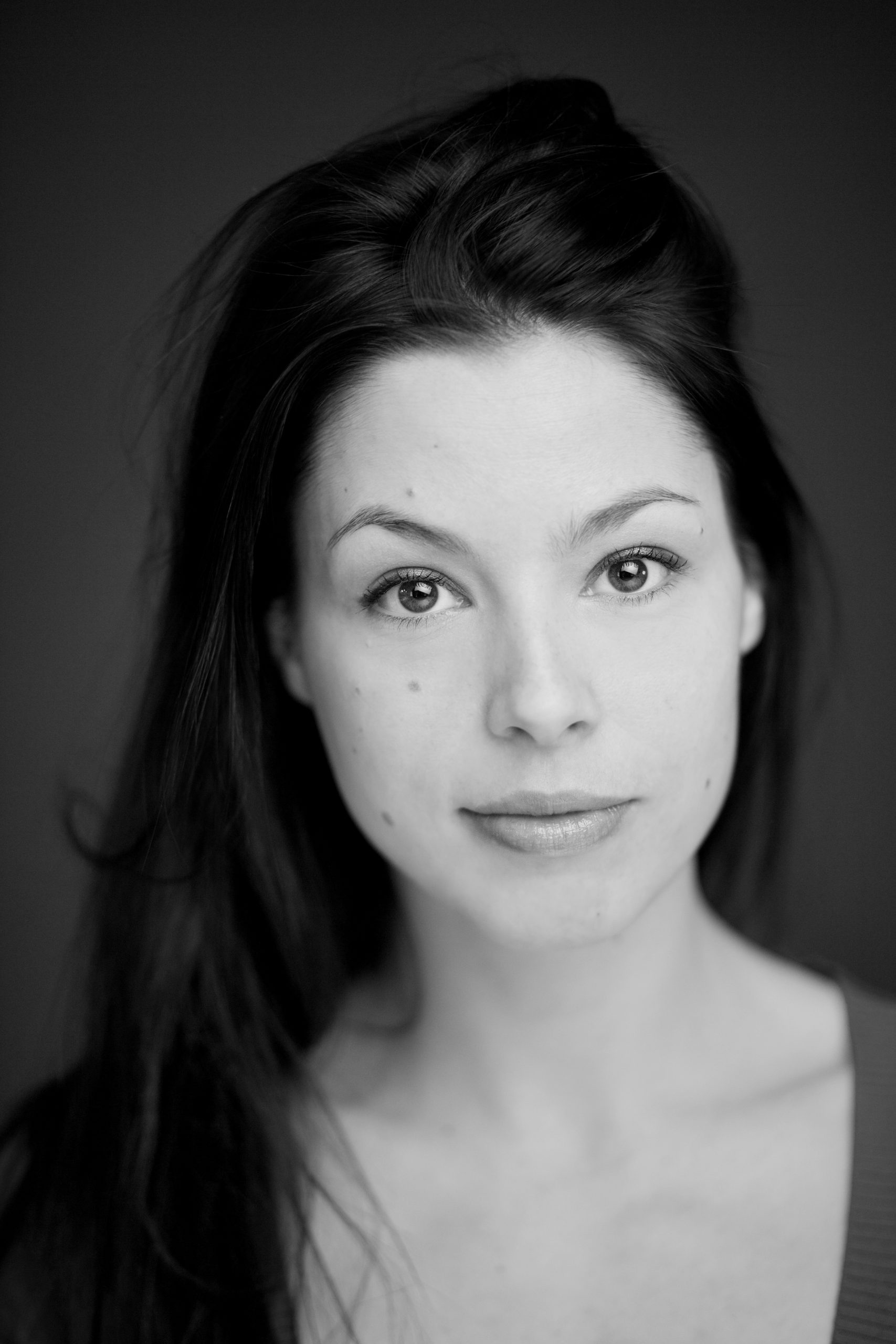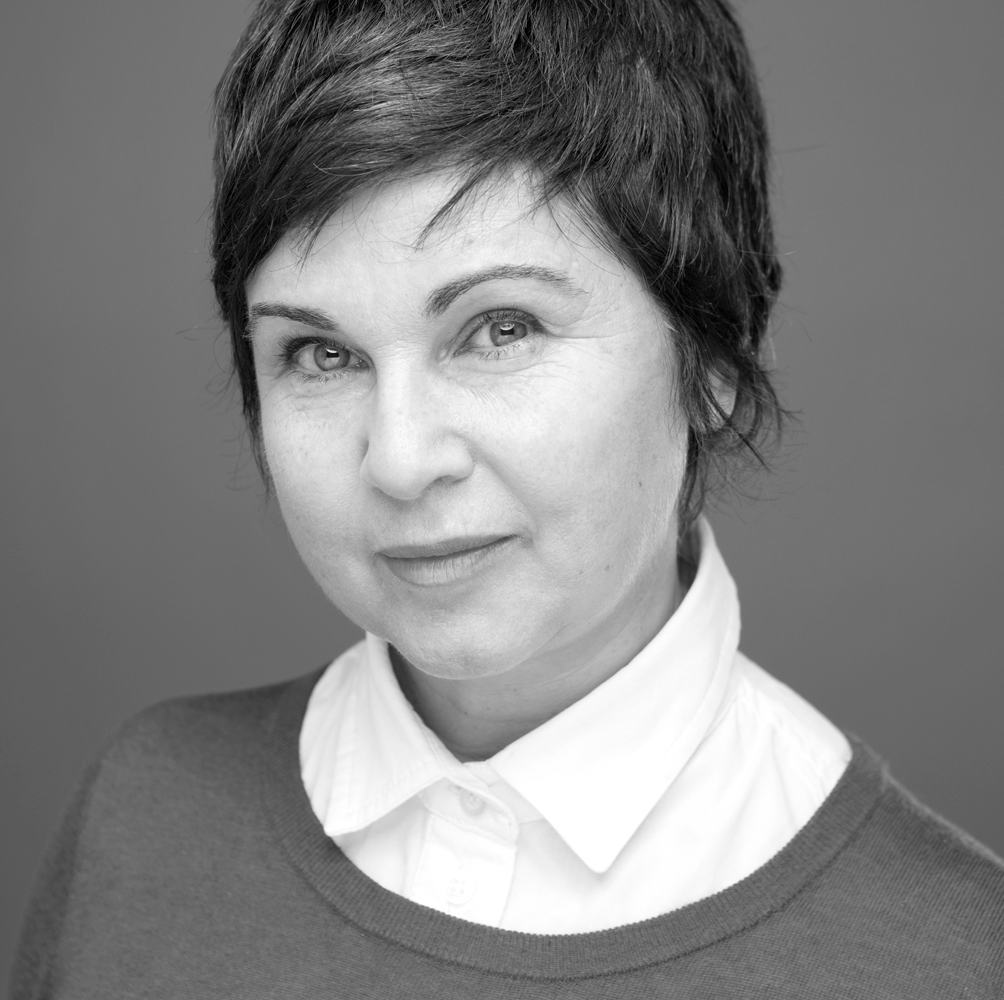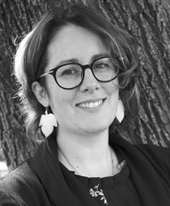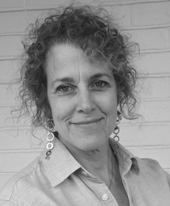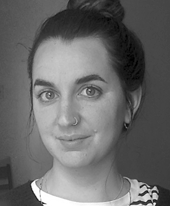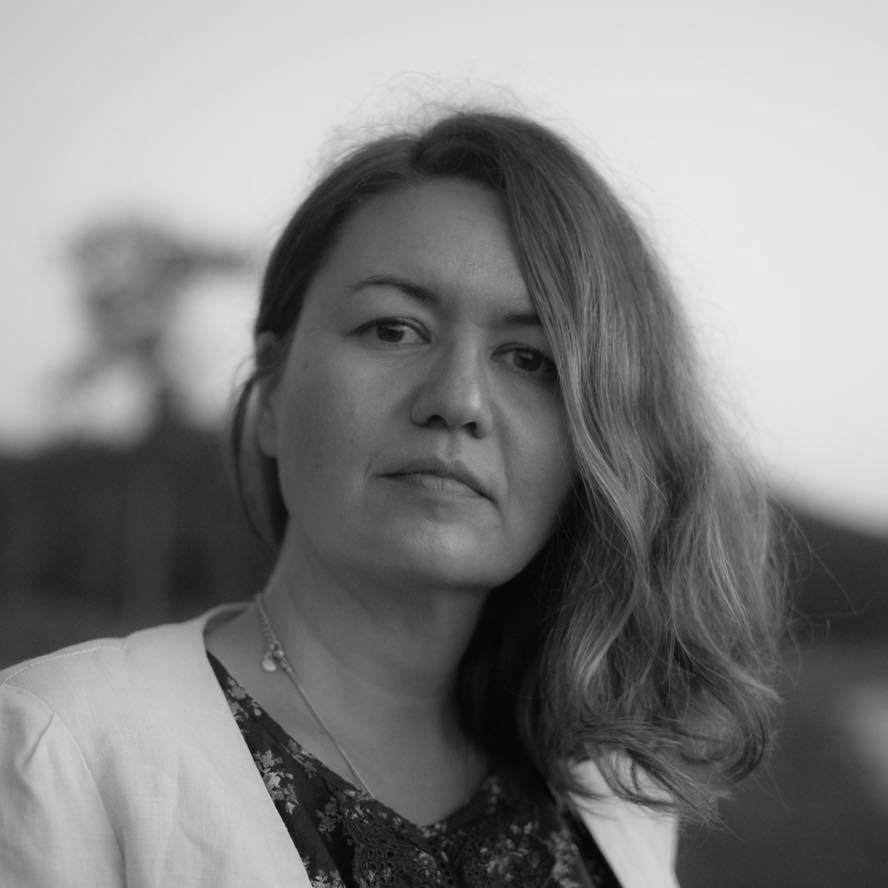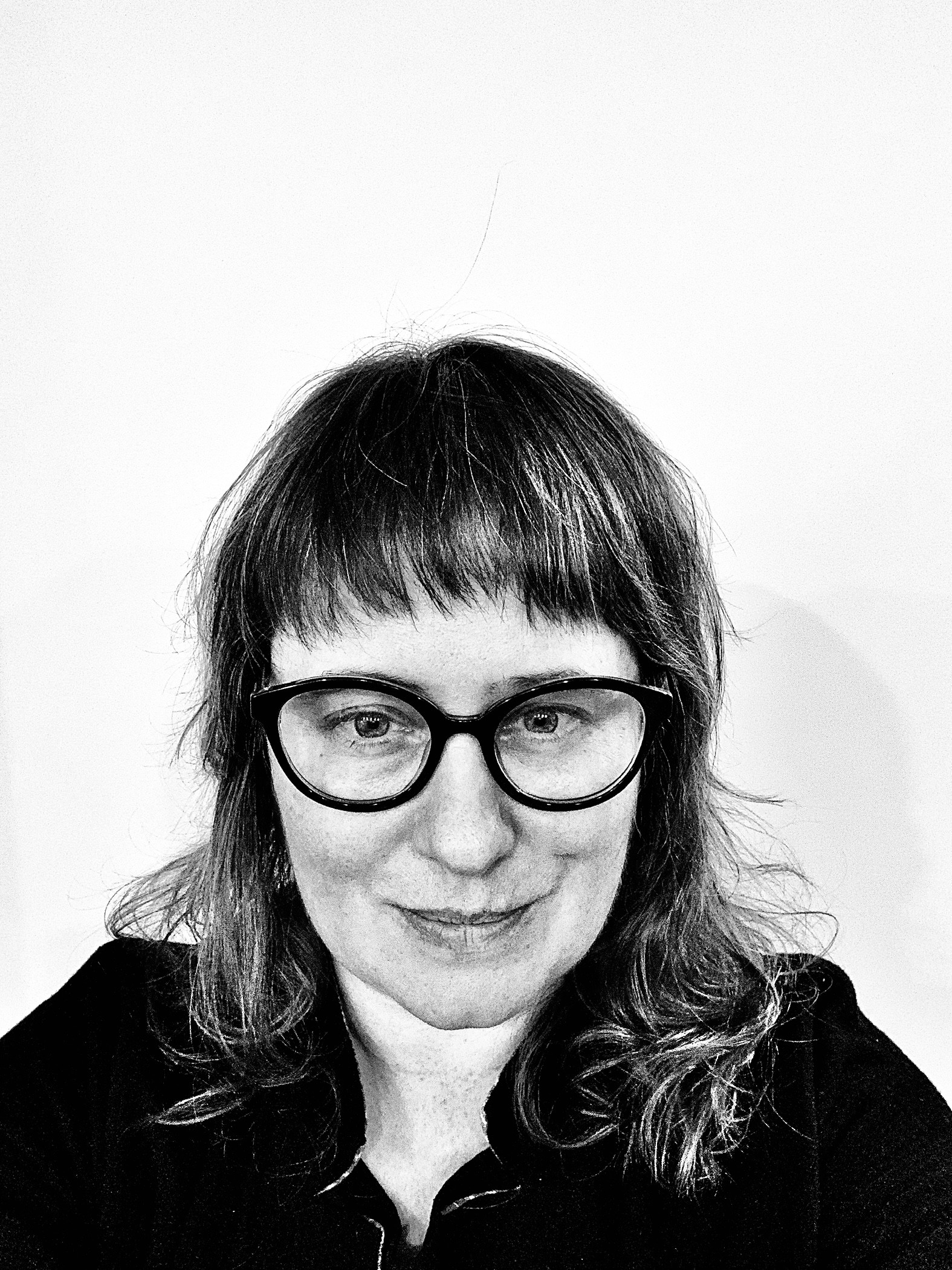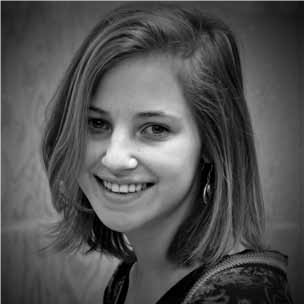About Us
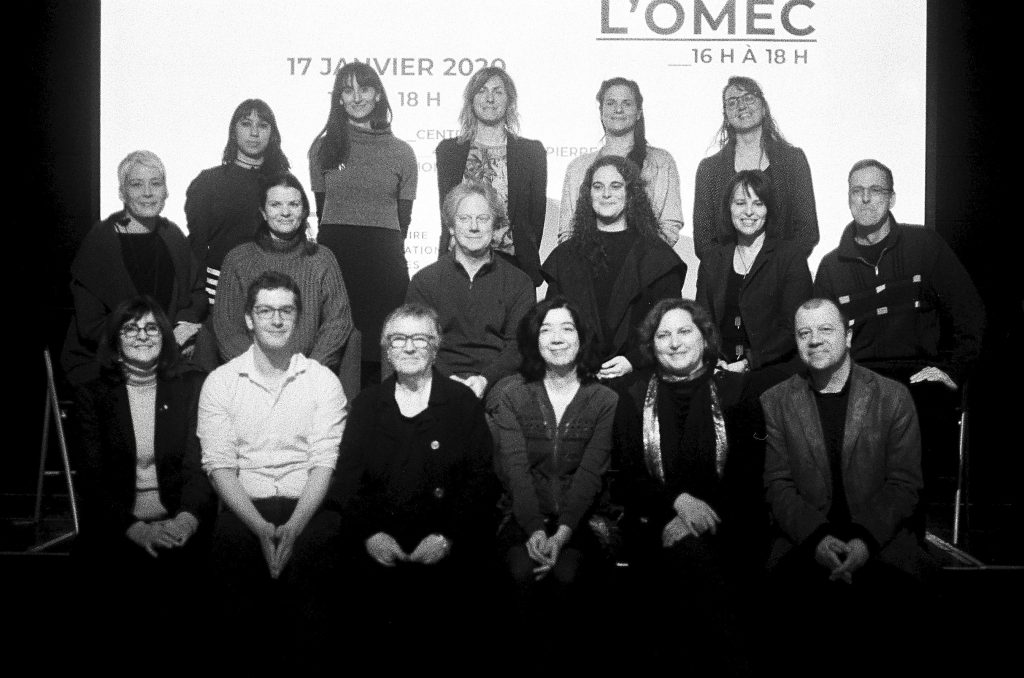
The objective of the Observatoire des médiations culturelles (OMEC) is to contribute to the advancement of knowledge concerning cultural outreach and exchange practices, and related socio-political issues, by being a platform for observation, research, knowledge mobilization and transfer, training, and networking for the academic and professional community. Our interregional team based in the Canadian province of Quebec, with members trained in sociology, political science, communications, social work, education, anthropology, philosophy, art history, and art practice, has been developing a multisector and interdisciplinary approach.
OMEC was established as the result of eleven years of research partnering carried out within the Groupe de recherche sur la médiation culturelle (GRMC). Over the years, GRMC has consolidated a broad pan-Quebec network of researchers and practitioners. Today, the team acts as the main cultural mediation research hub in Quebec and as a gateway for research on the subject in the French-speaking world. The team comprises four partners: Culture pour tous, Exeko, the City of Vaudreuil-Dorion, and the Cellule régionale d’innovation en médiation culturelle du Saguenay-Lac-Saint-Jean. The team also has a working relationship with the City of Montreal and Artenso.
OMEC is funded by an FRQSC Équipe en partenariat research grant.

